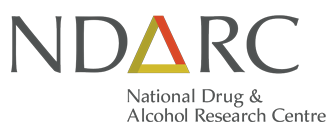
Overdose is a common event in the lives of opioid users, and is the leading cause of death in this population. Overdose risk is particularly elevated during the 4 weeks following release from prison.
Naloxone is a short-acting opioid antagonist that reverses respiratory depression in opioid overdose. Providing naloxone to opioid users, to be administered in the event of an overdose, prevents overdose deaths, and evidence suggests that the families and friends of opioid users can and do administer naloxone in emergency overdose situations. Programs to distribute take-home supplies of naloxone to opioid users and their close contacts are increasingly common as an overdose prevention intervention. At present, people released from prison in New South Wales (NSW) do not have ready access to take-home supplies of naloxone.
Given the increasing distribution of naloxone directly to opioid dependent people, especially people at particular risk of overdose such as recently released prisoners, this work will focus on the potential for distribution of take-home naloxone to people leaving NSW prisons.
Project Collaborators External
- Justice Health and Forensic Mental Health Network
Project Supporters
Indivior untied educational grant
This project will assess the feasibility and acceptability of take-home naloxone for people released from NSW prisons, from the perspectives of consumers, clinicians and corrective services personnel.
Design and Method
This project will include an online survey of Justice Health and Forensic Mental Health Network Drug and Alcohol Service Staff; interviews with people with a history of opioid dependence recently released from prison; key expert interviews; and assessment of routinely collected data.
Progress/Update
Data collection is underway.
- Overview
- News
- Our team
- References








